This blog was written by David Archer, Head of Participation and Public Services at ActionAid. It was published on the ActionAid website for International Literacy Day on 8 September 2020.
Schools can act as a powerful equalising force in any society, but the Covid-19 pandemic is at risk of deepening existing educational inequalities.
At the peak of the coronavirus health crisis 1.5 billion children were temporarily out of school. For privileged children this meant a new rhythm of doing schoolwork online from home, but for children living in poverty it often meant a complete suspension of their education.
As children return to school this month, there are tens of millions who will face serious new challenges either because they are unable to return, with the UN warning that the pandemic could push millions into child labour, or schools are not prepared for them. Girls face particular challenges, with rises in the number of early pregnancies and early marriages already being recorded. But the worse and most lasting effects of Covid-19 on equality in education are still to come.
UNESCO estimates at least $210 billion will be cut from education budgets next year simply owing to declines in GDP. Pressure to reallocate scarce resources to health and social safety nets, might cut 5% from education budgets amounting to a total loss of $337 billion in education spending – and the World Bank projects that even deeper cuts of 10% could be on the horizon.
This is probable but not inevitable. Over the past month over 190 organisations from over 55 countries have come together to call for bold action on the financing of education, which is launched today on UN International Literacy Day.
The Call to Action on sustainable financing of education post-Covid-19 lays out ten steps that could transform education systems, making the pandemic a turning point to increase equality and inclusion, rather than exacerbate inequality and exclusion.
Coordinated by ActionAid, the Call to Action emerged from a high profile webinar and has garnered overwhelming support from trade union confederations (Education International and Public Services International), major international NGOs (e.g. Oxfam, Save the Children, Plan International, World Vision), campaign groups (e.g. Global Alliance for Tax Justice, Global Campaign for Education, ONE), human rights organisations, women’s movements, foundations, regional organisations in Africa, Asia, Latin America and Arab Countries, dozens of national education coalitions and a huge range of national and local NGOs.
This call is focused on domestic financing – which even in the poorest countries makes up the vast majority of funding for education (estimated at 97%). Unfortunately, the international community focuses most time and attention on the 3% of funding that comes from aid and loans.
There is a well-established benchmark that countries ought to spend 20% of their national budgets on education – and Covid-19 should not be used to justify reductions. Indeed, progress towards or beyond 20% should be accelerated so as to ensure that the next generation do not pay the price of this crisis for years to come.
But a 20% share of a small pie is a small amount so the call to action shows how countries can expand the size of the pie overall by action to expand domestic tax revenues in a fair way.
Simple but bold actions to reform tax systems could enable countries to double spending on education, health and other services.
There is growing recognition that the world faces a new debt crisis – which Covid-19 could make much worse. Action on debt is thus essential to avoid governments giving away revenue in their treasuries to pay back old debts rather than investing in a comprehensive response to the pandemic. Developing countries will be paying almost $1 trillion in debt-servicing in 2020-2021 – funds that are urgently needed for investment in health and education. A new global process of ambitious debt cancellation is needed, with the G20 meeting in November, an opportunity to make a huge difference.
Unfortunately, education and health systems in many countries have suffered from decades of austerity, often under coercive policy advice and pressure from the IMF. For example, there is an urgent need to review constraints placed by the IMF on public sector wage bills (imposed in 78% of countries over the past 3 years), which prevent recruitment of urgently needed teachers.
Of course aid has a role and there is a need to reverse the recent declines in aid spending – and make sure that aid is targeted to countries that need it, rather than being allocated based on trade and security interests of the donor counties. Aid also needs to be harmonised behind strengthening public education systems – not fragmented into thousands of small unsustainable projects.
These measures on budget shares, tax, debt, austerity and aid are important, but we also need to ensure that all resources are effectively spent and accountable. Building back better after Covid-19 needs to focus on maximising the equalising potential of education systems – actively addressing the obstacles that block girls or children with disabilities. Unless there are conscious plans and budget allocations to drive increases in equity, education systems can easily become part of the problem, replicating and perpetuating inequality.
This is an agenda for transformation in education financing – one that has support from around the world. With just ten years until the deadline for achieving the Sustainable Development Goals let us make sure that the Covid-19 crisis represents a positive turning point, building sustainably financed public education systems that can contribute to building economies and societies that truly care for both people and the planet.

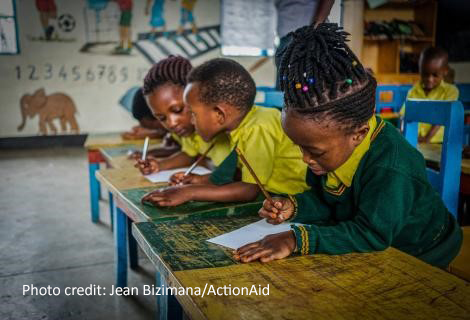
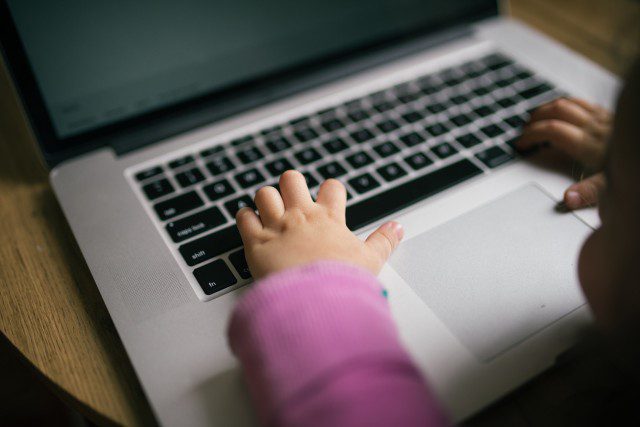
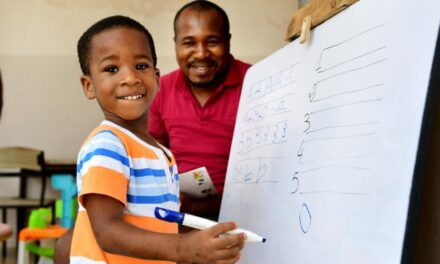
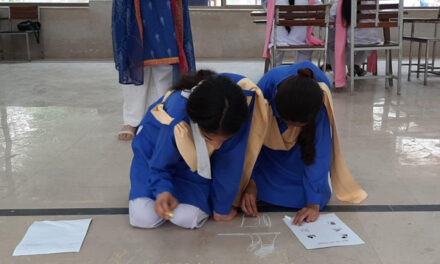
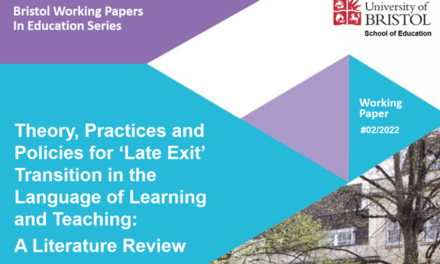
Trackbacks/Pingbacks